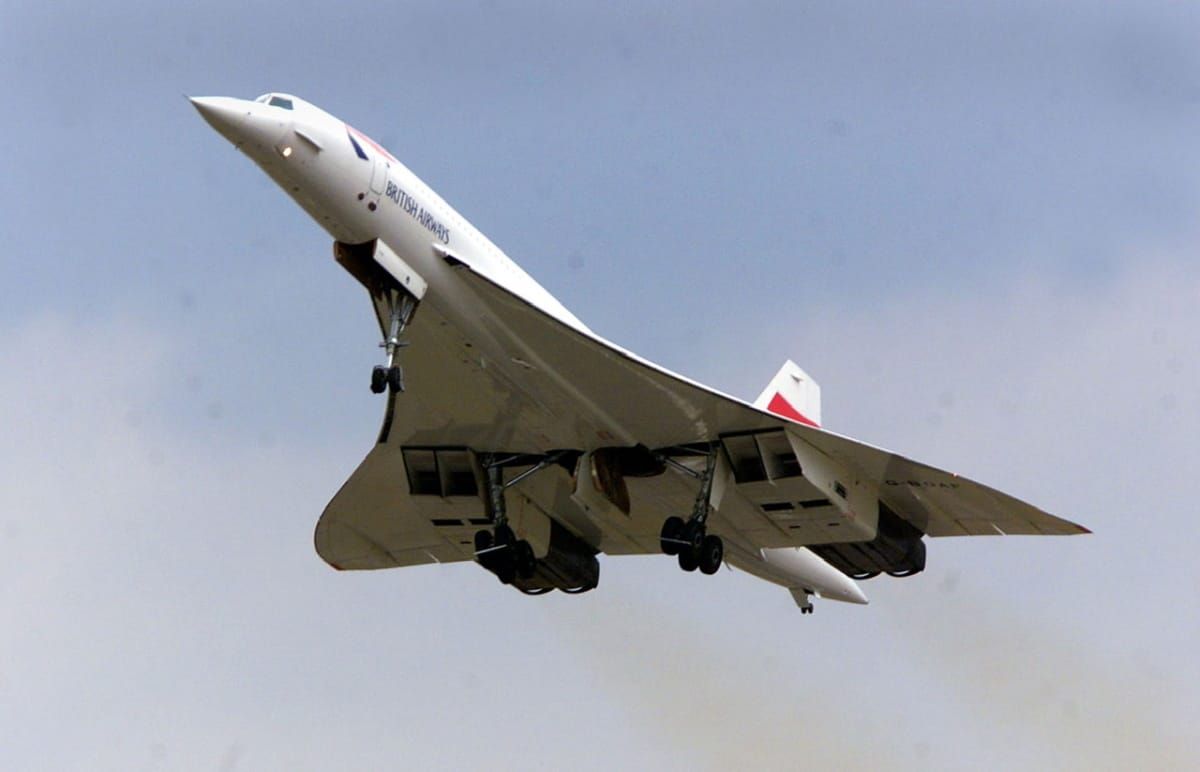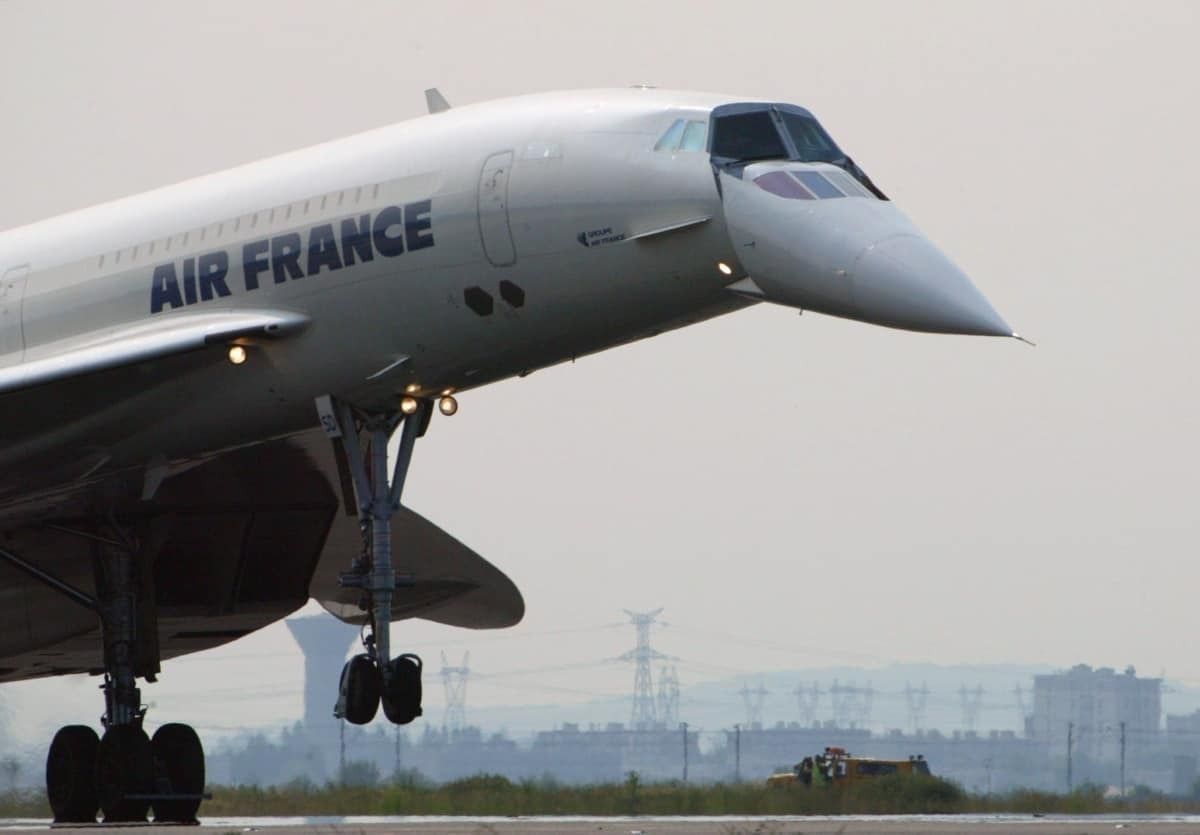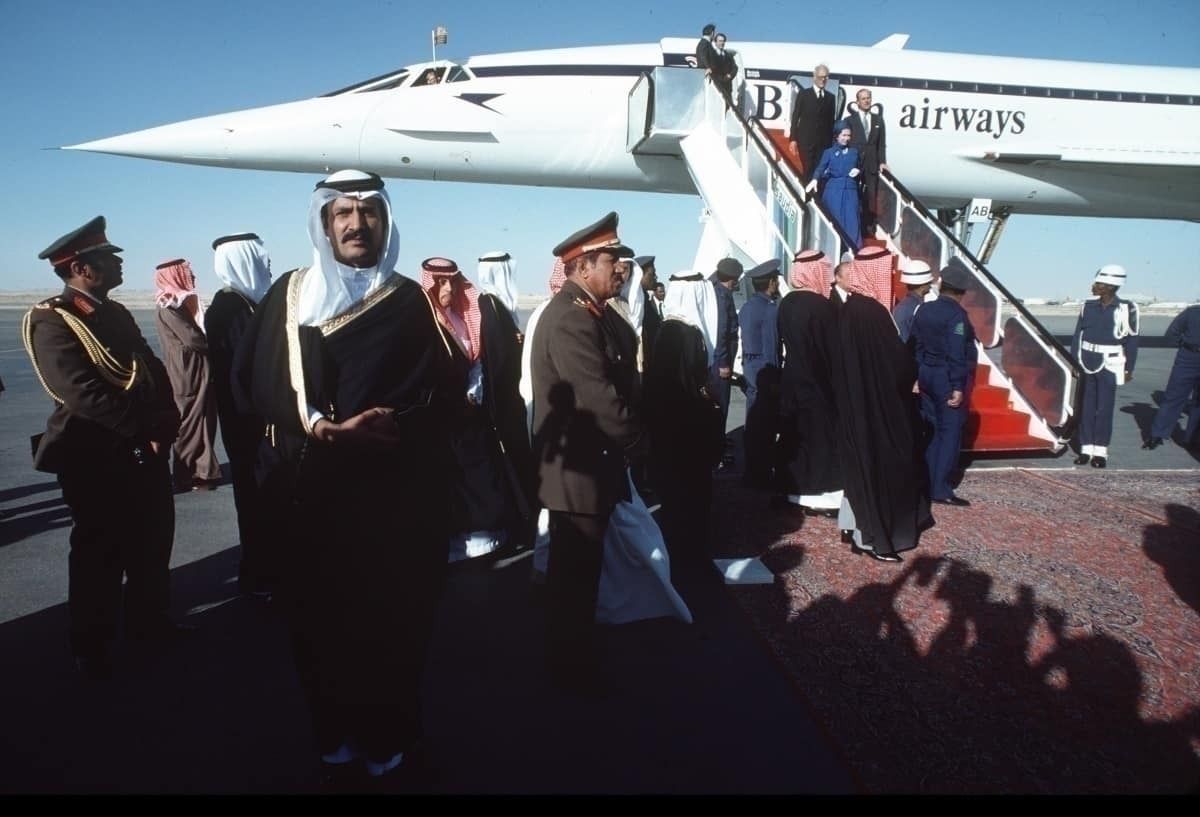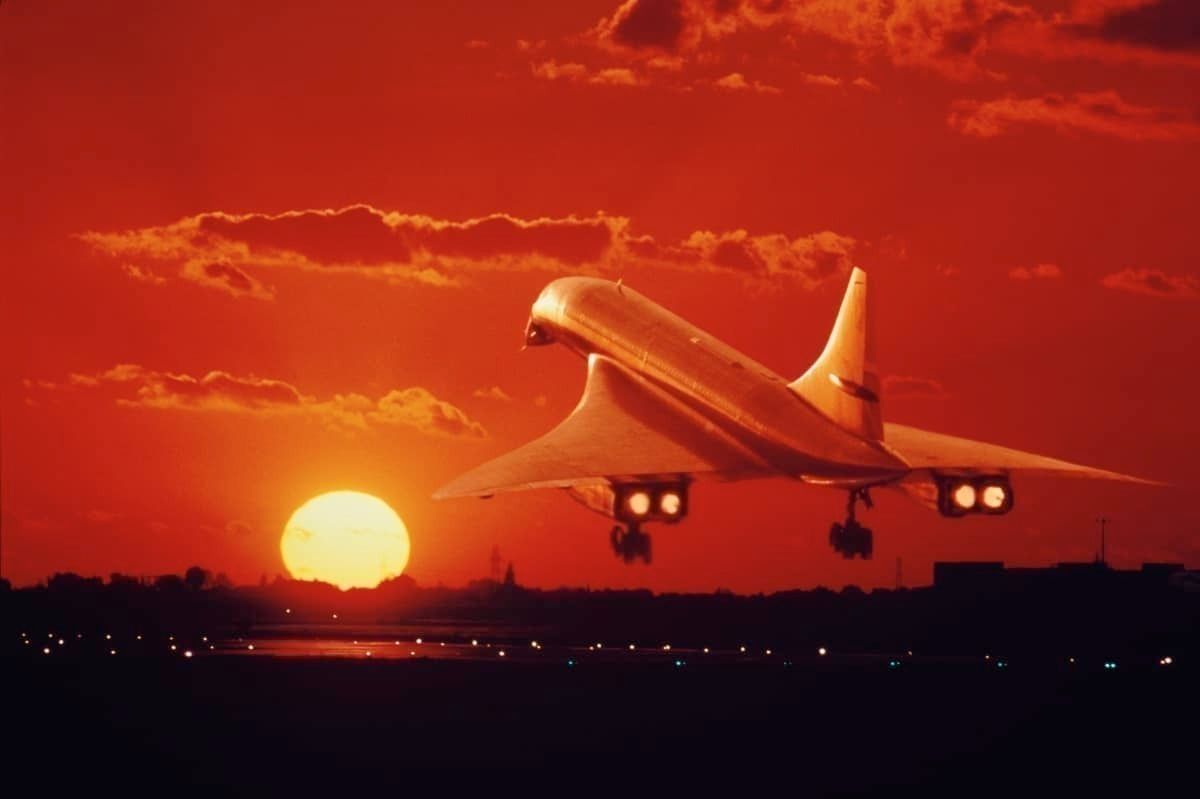Having met its retirement some 17 years ago, the Concorde is a feat of engineering unseen but not forgotten. Despite massive investments, Concorde always had a controversial place on the balance sheet. It certainly didn't make the government any money, but what about British Airways?
Did British Airways make a profit flying Concorde?
Before the Concorde took its first flight on March 2nd, 1969, it had already undergone significant development, running over initial costings by quite some way. In total, both the French and UK governments put in $1.44bn to get Concorde off the ground. $2.8bn went into realizing the world's first mass supersonic transport.
Yet, for either government, it never made any money. Both the UK and France were left reeling from Concorde development costs.
That said, the airlines that flew the Concorde did make a profit. Concorde was only every purchased by two airlines: BA and Air France. While the concept of the Concorde might not have been a worldwide hit, it was certainly a good market fit for these two airlines at the time.
Both Air France and British Airways managed to make a profit from Concorde operations. For British Airways, it was around £30-50m ($37-61m) when things were going well. Air France's profit was slightly less.
However, though there was money to be made, the Concorde didn't continue to reap the benefits over time. In 1986, AP News released an article detailing Concorde profits. It said that in 1984, Air France made $8.8m in profit. A year later, British Airways made a profit of $17.3m.
Issues to overcome
The Concorde was one of a kind offering an unrivaled service for transatlantic crossings at a fraction of the duration for a 20% mark-up on first-class fares. It was worth it for the clientele that British Airways and Air France were servicing at a point.
Speaking to the AP News in 1986, British Airways' spokesperson Bill Stevens said,
"There is a certain aura about [Concorde], a prestige; there's no doubt about it...A lot of people like to fly because of the prestige, but generally, they fly it because they need to save time."
That worked well with the celebrities and wealthy business people who flew Concorde routinely. With a crossing between London and New York taking under three hours, it was clear that Concorde was essential for the time-pressed elite. Yet, while both BA and Air France had their clientele, there were a few warning signs that suggested the profits on the Concorde would be short-lived.
For starters, the aircraft was limited in capacity. Just 100 tickets could be sold per flight, and, at such a high price, it wasn't always going to be a guarantee that they were filled. What's more, the aircraft simply didn't have the range it needed to grow. Sure, it was the fastest aircraft around, but its route expansion didn't look promising.
How to make Concorde more profitable?
If British Airways and Air France were looking for more profit, these issues would have to be addressed. And that was the plan. British and French aerospace divisions were looking to create a brand new supersonic aircraft before plans to take the Concorde out of service in 2000 were realized.
Of course, that never happened. With a plethora of odds stacked against it, the 2000 crash in France, 9/11 affecting interest, and Airbus scrapping Concorde part replacements, the Concorde was shelved before its time.
On October 24th, 2003, both Air France and British Airways retired the aircraft. Despite a bid from Virgin Atlantic to keep the aircraft operational, the Concorde did not appear to have a viable future. At the end of it all, British Airways had gained £1.75bn in revenue with the Concorde against an operating cost of £1bn. There certainly was profit to be had, but would it have lasted?
Have your say on this story in the comments.




